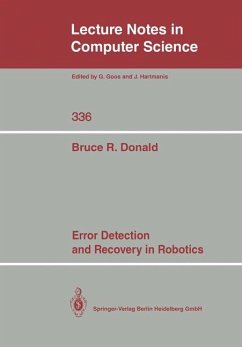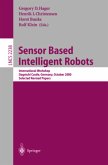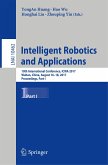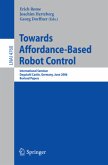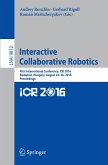Robotics is the science that attempts to forge an intelligent, computational connection between perception and action. Perhaps the most fundamental problems in robotics today are uncertainty and error in control, sensing, and modelling. In this monograph the author provides what is perhaps the first systematic treatment of the uncertainty problem. This book descibes the theory he developed for planning compliant motions for tasks such as robotic assembly. The planner can synthesize robot control programs that are robust in the face of uncertainty in the control system, the robot sensors, and variation in the geometry of the assembly. Perhaps the deepest contribution lies in a new theory of Error Detection and Recovery (EDR). While EDR is largely motivated by the problem of uncertainty its applicability may be quite broad. EDR has been a persistent but ill-defined theme in AI and robotics research. The author gives a constructive, geometric definition for EDR strategies, and showshow they may be computed. This theory represents an elegant mathematical attack on the problem of error detection and recovery based on geometric and physical reasoning. Finally, algorithms for the automatic synthesis of EDR strategies are described, and new results on their computational complexity are analyzed.
Bitte wählen Sie Ihr Anliegen aus.
Rechnungen
Retourenschein anfordern
Bestellstatus
Storno

